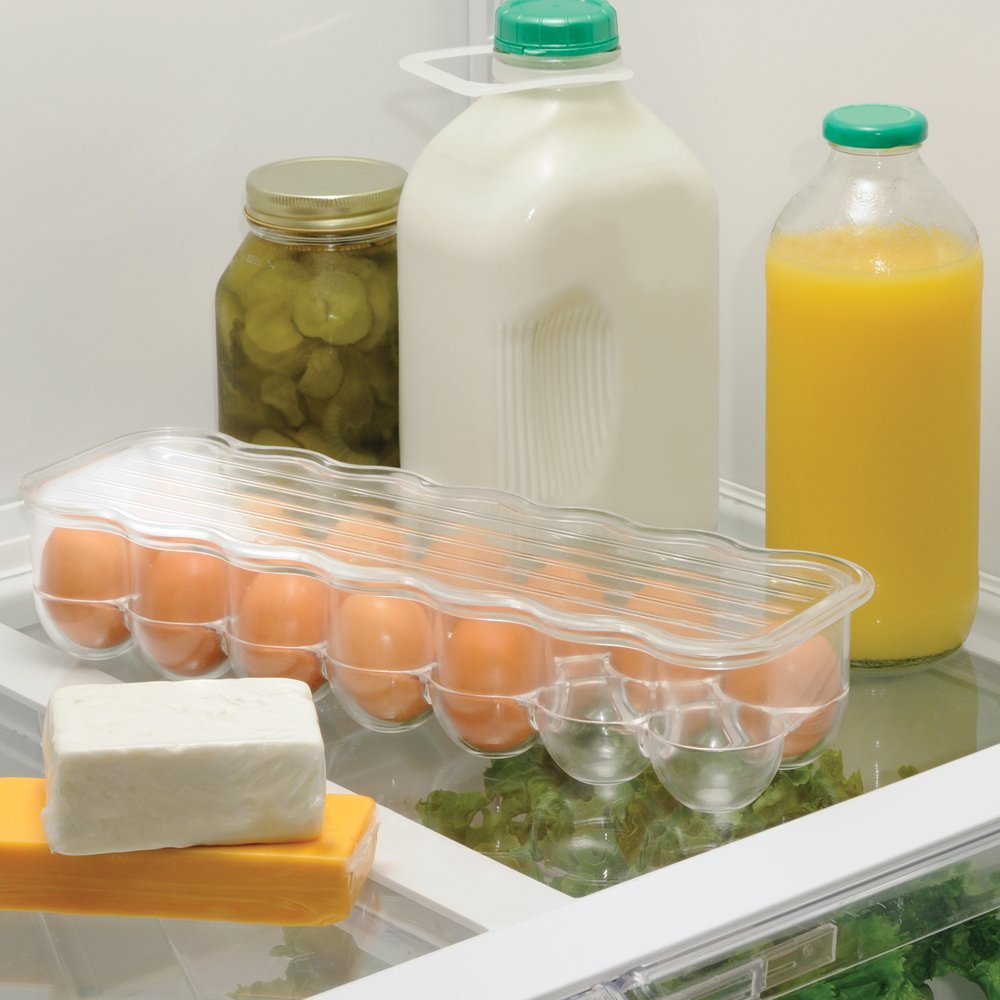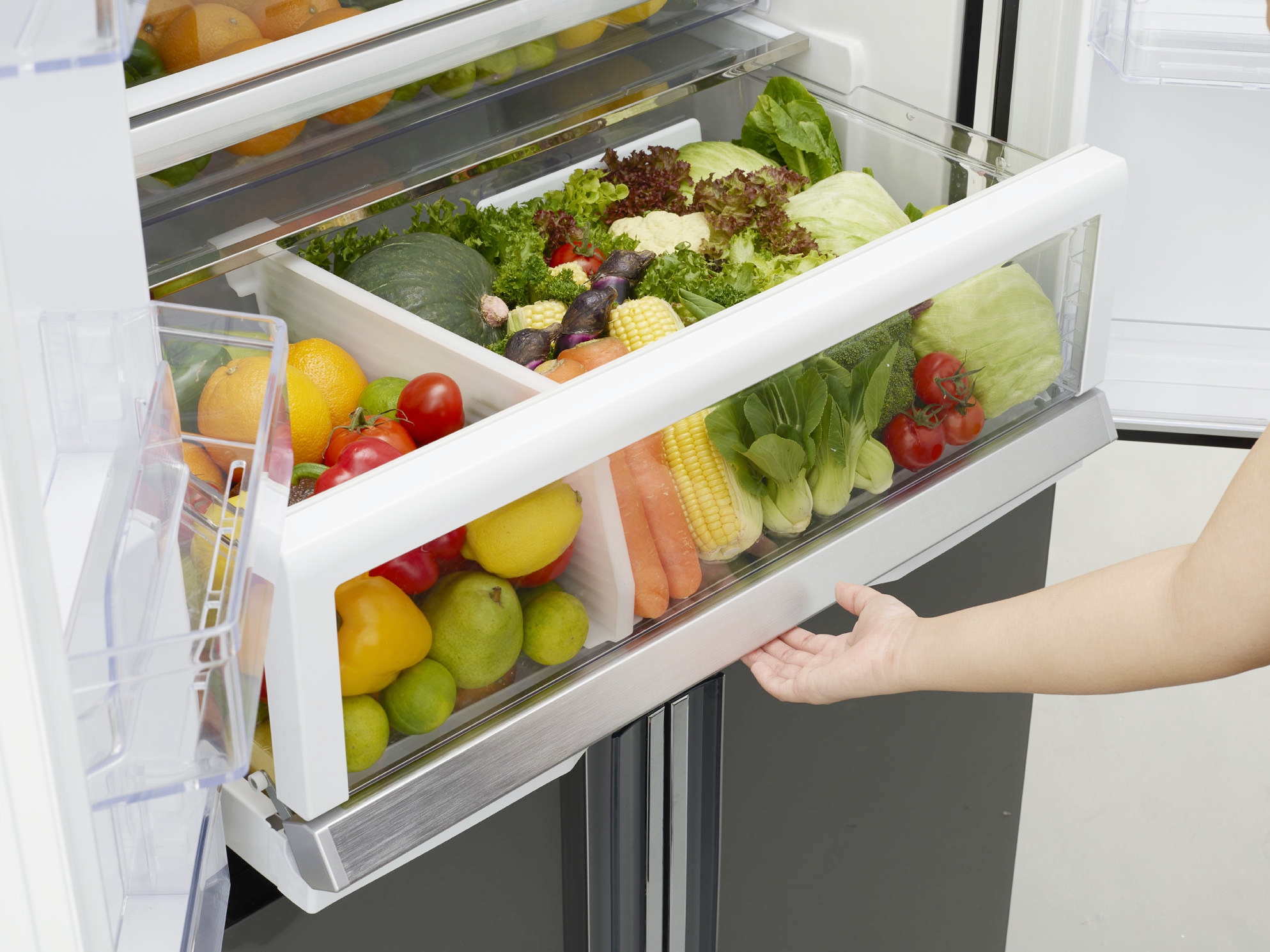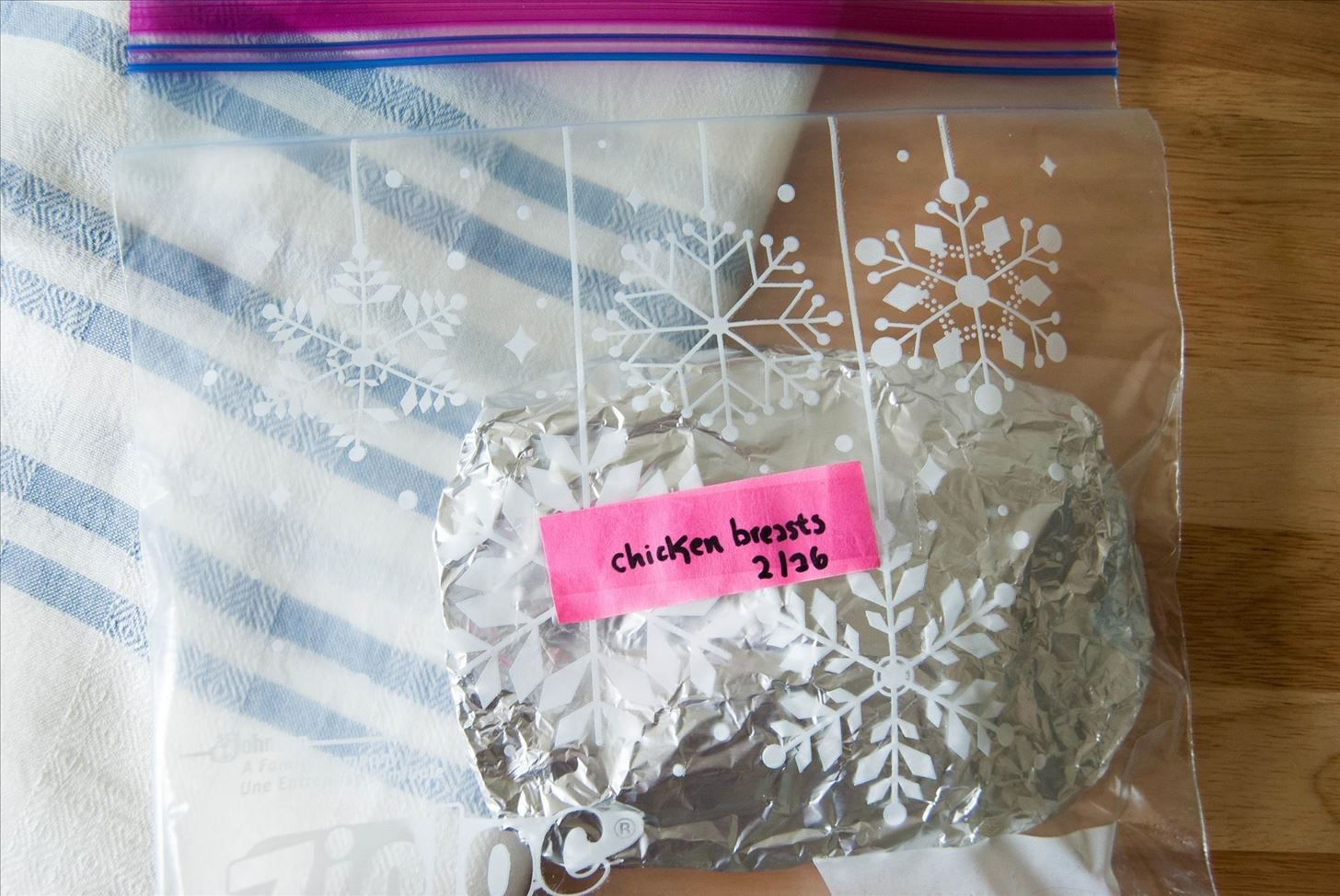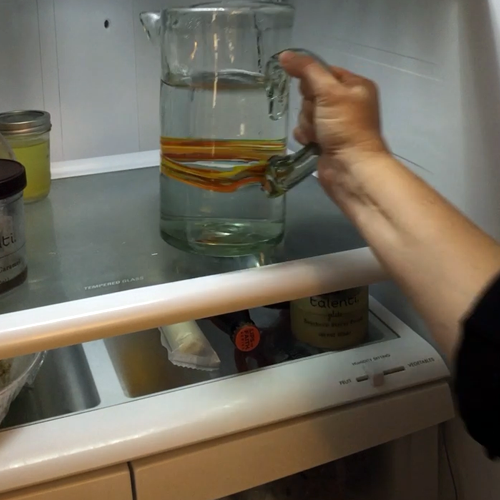You're A Total Kitchen Pro If You've Never Made These Mistakes With Your Fridge
Never get freezer burn on your meats again!
There's a big, hunky thing waiting for you at home, craving for your attention...
Yep, that's right - your fridge could use a little extra attention from you! It's time to take better care of the ol' faithful and get better quality food by avoiding these common mistakes:
1. Storing milk and eggs in the door section
The temperature of the door section fluctuates as and when the door is opened and closed, and this creates for an unstable cooling condition for sensitive ingredients like eggs and milk. Keep them fresh by storing them in the main compartment of the fridge.
The door section can be used for items with a longer shelf life, like sodas.
2. Refrigerating tomatoes, potatoes, and onions
Do you dump tomatoes into the fridge right after your grocery trip? STOP. That's exactly why your tomatoes turn mushy.
Keep tomatoes at room temperature, away from sunlight.
Other things that should not go in the fridge: onions and potatoes, for different reasons. Onions lose their bite when they're cold, while chilled potatoes taste unappetisingly sweet. Keep them in a dry place away from heat, but also make sure to separate them from each other - the gases they produce can cause them to spoil one another quicker.
3. Keeping fruits and vegetables together
Fruits release ethylene as they ripen, but too much of the stuff is bad news for veges - it can lead to a loss of chlorophyll, which is likely why your fresh leafy greens don't stay that way for too long.
Generally, fruits like apples, melons and mangoes release particularly high levels of ethylene, while veges like asparagus, broccoli and carrots are most susceptible to them. Don't worry though, you don't have to hafal the whole list of offending fruits and sensitive veges - just store your fruits and veges separately to keep them fresh for a longer time.
4. Keeping leftovers in the fridge when it's still hot
So you cooked up a big batch of kari ayam and you gotta wait for the giant pot to cool down to keep the leftovers in the fridge. Do you wait? Or do you say, "Ain't nobody got time fo dat?"
You might be tempted to wing it and just keep the leftovers, but just remember that keeping a big pot of food in the fridge while it's still hot can bring the fridge's temperature up to really warm levels - and the fridge will have to overwork to bring the temperature down again.
Pro Tip:To cool all that leftover much quicker, separate them into smaller, shallow containers.
5. Not packing meat properly before freezing
You'll need to clean and pack meats properly before storing them in the freezer, because there's just nothing worst than having food with a bad case of freezer burn.
As a general rule, dry off your ingredients as much as possible and cover it with aluminium foil. As an additional protective layer, keep the wrapped meat in a ziploc bag. It's a great idea to label each pack too, so it's easy to find exactly what you're looking for!
6. Not filling up the whole fridge
Having a lot of empty space in the fridge means that there's more cold air to be exchanged with the warm kitchen air, and that takes up a lot of energy. Don't worry, you don't have to go on a spree just to fill up the fridge; just place jugs or bottles of water in the empty spaces. It keeps your fridge running better and as a bonus, you've got back-up for when the next water ration hits too ;)
7. Having your fridge too close to the wall
If your fridge is cramped up against the wall, the compressor will have to work much harder to replace the expelled warm air. That's how those pesky fridge noises start, and at worst, it could cause your fridge to break down prematurely.
So here's what you do: Make sure there's at least two inches of a gap between the wall and the back, sides and top of the fridge for optimum performance.







